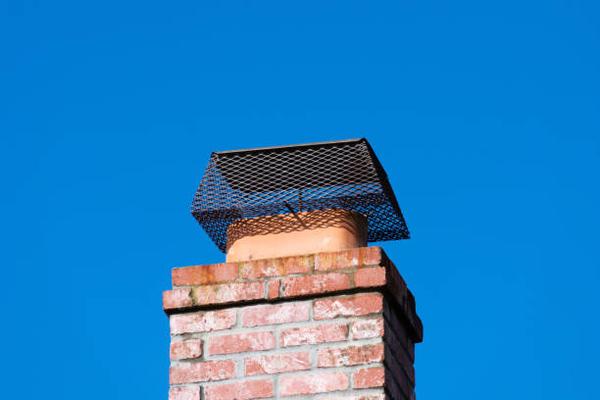Building codes are regulations set forth by local governments to ensure the safety and welfare of individuals living or working in a building. These codes cover various aspects of construction, including plumbing installations. Understanding building codes for safe plumbing installation is crucial for both homeowners and contractors to avoid potential hazards and ensure compliance with the law.
One of the primary purposes of building codes related to plumbing is to prevent water damage and contamination. Improperly installed plumbing systems can lead to leaks, flooding, and even sewage backups, causing significant damage to a property. Additionally, contaminated water can pose serious health risks to occupants if not properly addressed.
When it comes to plumbing installations, building codes dictate specific requirements for materials used, pipe sizing, fixture placement, venting systems, and more. For example, certain types of pipes may be required for different applications based on factors such as pressure ratings and chemical resistance. Additionally, proper slope gradients must be maintained in drain lines to ensure efficient drainage and prevent clogs.
Venting systems are another critical aspect of plumbing installations that must comply with building codes. Vent pipes allow air into the system to help maintain proper pressure levels and prevent sewer gases from entering the building. Failure to install adequate venting can result in slow drainage or foul odors inside the property.
In addition to preventing water damage and contamination, building codes also address accessibility issues related to plumbing fixtures. For instance, toilets must be positioned at a specific height above finished floors to accommodate individuals with disabilities. Similarly, grab bars may be required near showers or bathtubs for added safety.
Compliance with building codes is essential when undertaking any plumbing project – whether it’s a minor repair or a complete system overhaul. Failure to adhere to these regulations can result in costly fines or even legal action if violations are not corrected promptly.
To ensure compliance with building codes for safe plumbing installation, it is advisable to consult with a licensed plumber familiar with local regulations before starting any work. Professional plumbers have the expertise needed to navigate complex code requirements and make sure that all installations meet industry standards.
Ultimately, understanding building codes for safe plumbing installation is paramount for maintaining the integrity of a property’s infrastructure while safeguarding the health and well-being of its occupants. By following these guidelines diligently throughout all stages of construction or renovation projects involving plumbing systems – from design through completion – individuals can rest assured that their investments will remain sound for years ahead.
Canyon Plumbing & Heating, Inc.
835 S 100 W Suit 103, Smithfield, UT 84335
435-344-4109




